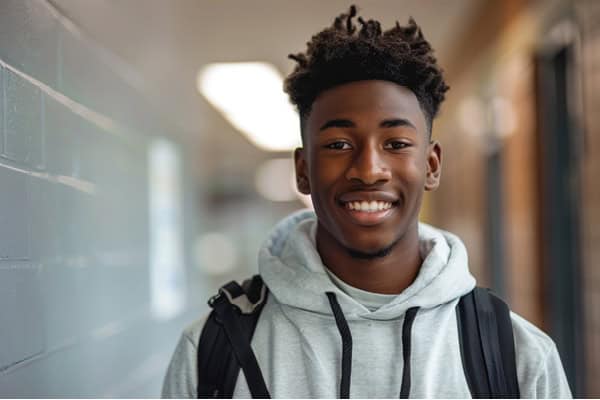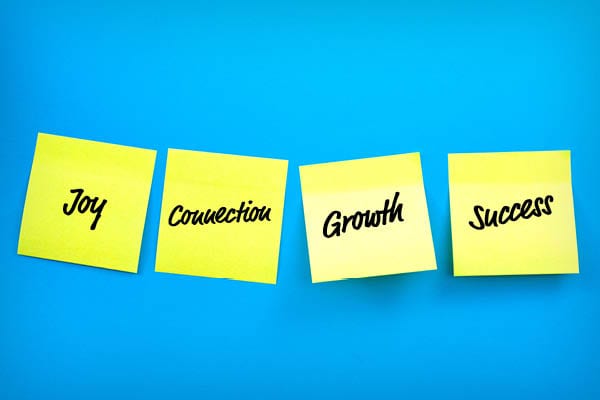“Ensuring students and educators explore the facets of self-hood is fundamental to developing an individual’s identity,” writes Larry Felazzo, an English and social studies teacher at Luther Burbank High School in Sacramento, Calif., in Education Week.
“Ongoing inquiry prepares students to possess a sense of belonging, purpose, and agency. Identity-affirming experiences in school and beyond hopefully help students engage positively in the world. Real-life experiences often may reinforce negative feelings about who we are. Learning experiences that prepare students to understand our differences and engage with culturally defined power differentials are helpful from an early age.
“At a school in East Oakland, California, 66 percent of students are English-language learners and 76 percent identify as Hispanic. The school puts students’ personal knowledge at the center of their school experience. It cultivates their own identity and heritage while countering the negative narrative about young people in their city. Students learn the path to a better world must start with oneself, be guided by family, engage with community, and be rooted in ancestors. The “My Compass Guide” schoolwide project connects a school community to their students’ and families’ bank of knowledge (Moll et al., 1992) and of identity (Estaban-Guitart & Moll, 2014) to respect their stories and support their well-being and learning (Campano, 2007).
“Students making these connections can integrate facets of their identity and feel a sense of being a well-rounded person. Rich literacy practices that include students’ identity content through storytelling help students, their families and teachers develop a positive regard for themselves, each other and the human experience.
“Encouraging students to tell their own stories—sharing who they are and what is important to them—supports individual identity development and enables students and educators to live with differences.”
Education Week





